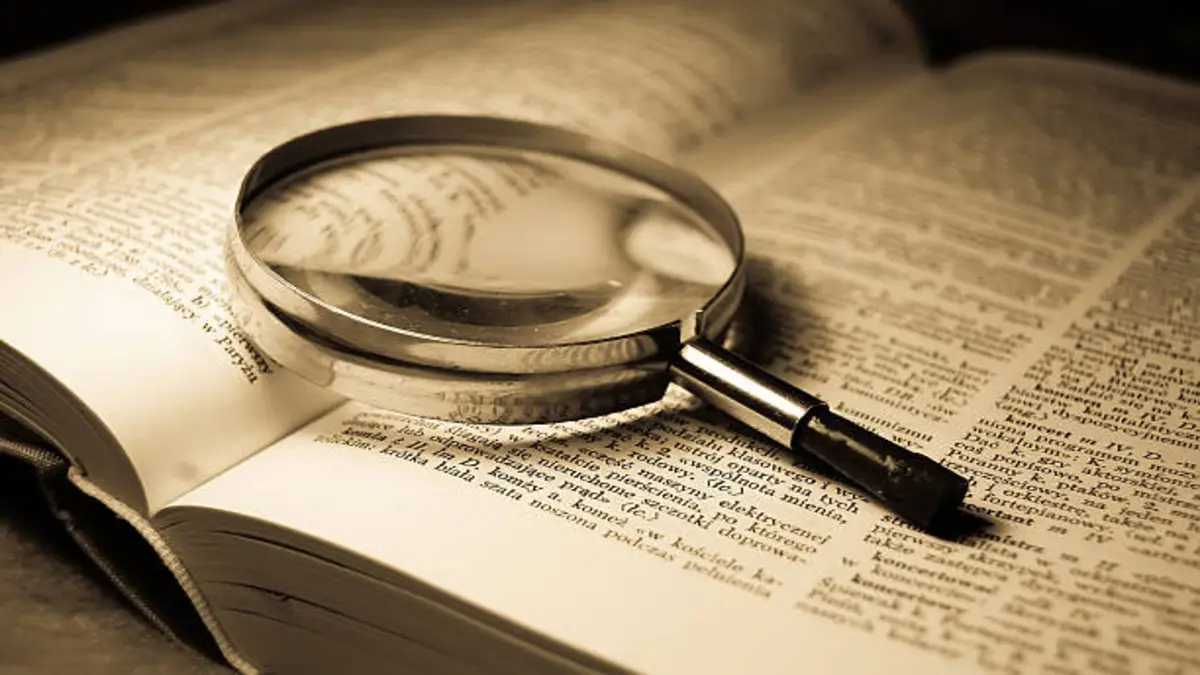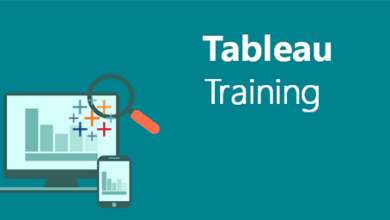Introduction:
Introduce the concept of dictionary as essential tools for language understanding. Highlight their role in providing definitions, meanings, and guidance on language usage.
Historical Roots:
Explore the history of dictionaries, tracing their origins from ancient civilizations to modern times. Discuss early examples such as bilingual dictionaries, lexicons, and specialized dictionaries.
Milestones in Dictionary Development:
Highlight key milestones in the evolution of dictionaries. Include significant contributions from lexicographers, innovations in dictionary format, and advancements in language research.
Types of Dictionaries:
Discuss the various types of dictionaries available, including:
Monolingual Dictionaries: Providing definitions, pronunciation, and usage examples in the same language.
Bilingual Dictionaries: Translating words and expressions between two languages.
Specialized Dictionaries: Focusing on specific subjects, industries, or fields.
Thematic Dictionaries: Organized around themes, such as synonyms, antonyms, or idioms.
The Role of Technology:
Explore how technology has impacted dictionaries. Discuss the transition from print to digital formats, online dictionaries, mobile apps, and the integration of pronunciation guides and language learning tools.
Lexicography and Lexicographers:
Introduce the field of lexicography and the role of lexicographers. Discuss how lexicographers compile, edit, and update dictionaries, contributing to linguistic research and language standardization.
Cultural and Linguistic Reflection:
Examine how dictionaries reflect cultural changes and linguistic evolution. Discuss the inclusion of new words, removal of obsolete terms, and adaptations to language trends.
Challenges in Dictionary Making:
Highlight the challenges faced by lexicographers, such as keeping pace with rapidly changing language, addressing cultural biases, and navigating controversies related to language usage.
Iconic Dictionaries:
Mention iconic dictionaries that have had a significant impact on language and culture. This could include dictionaries like the Oxford English Dictionary (OED), Merriam-Webster, or bilingual dictionaries like Collins English-Spanish.
Educational Importance:
Discuss the educational value of dictionaries, emphasizing their role in language learning, literacy development, and academic research.
Future Trends:
Explore potential future trends in lexicography, considering the impact of artificial intelligence, machine learning, and evolving communication trends on dictionary development.
Conclusion:
Conclude the article by emphasizing the enduring importance of dictionaries in fostering language understanding, communication, and the preservation of linguistic heritage.







